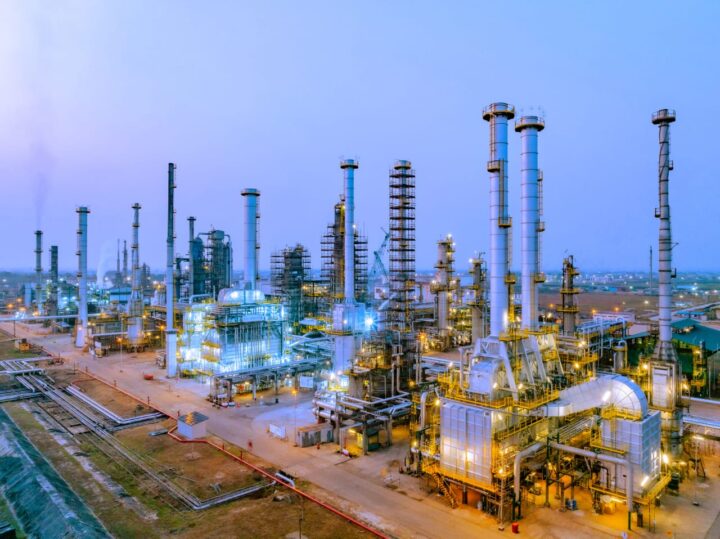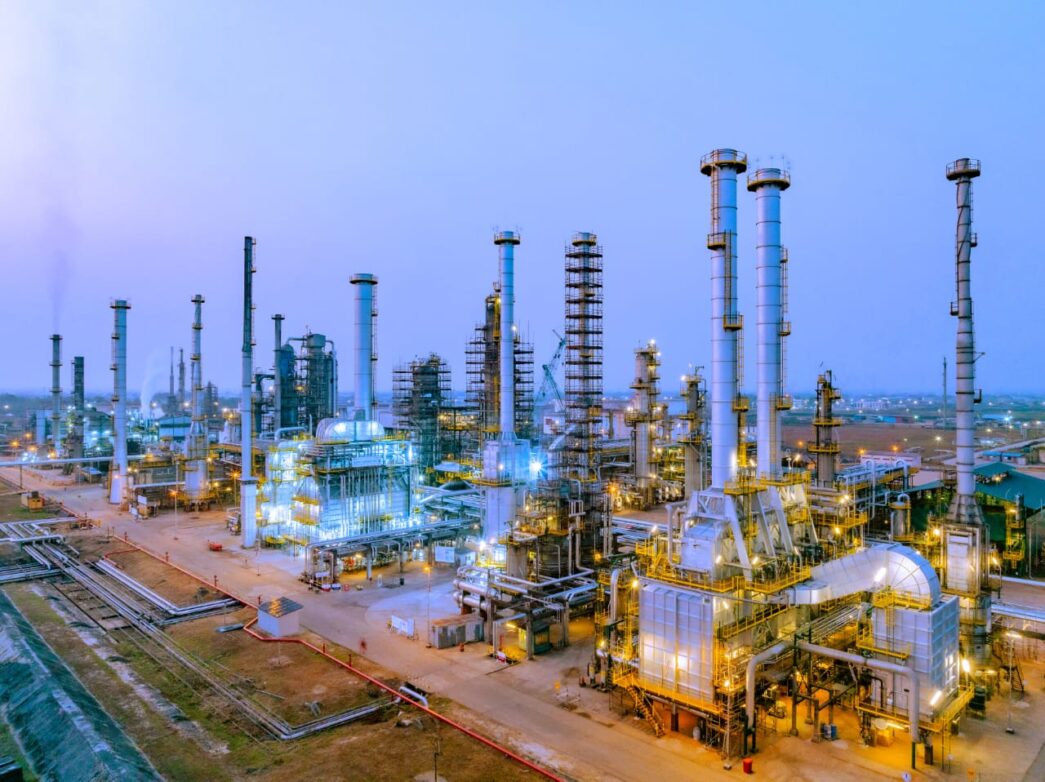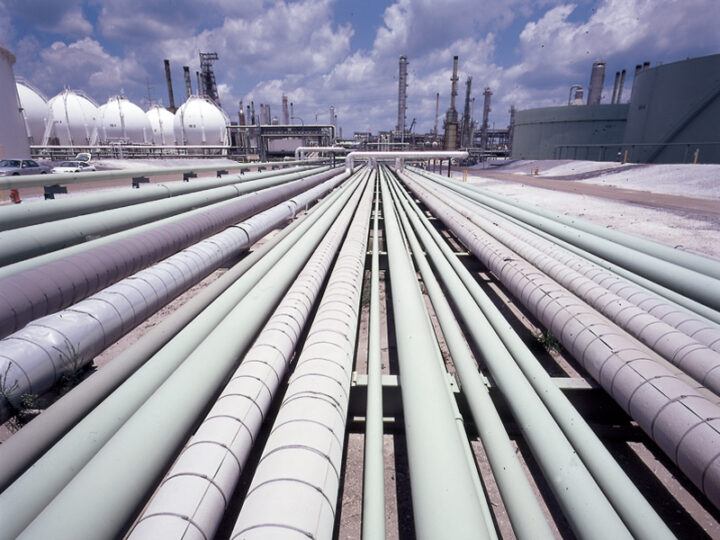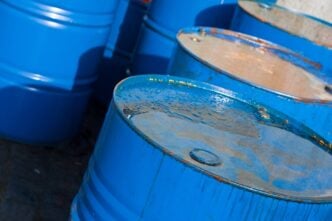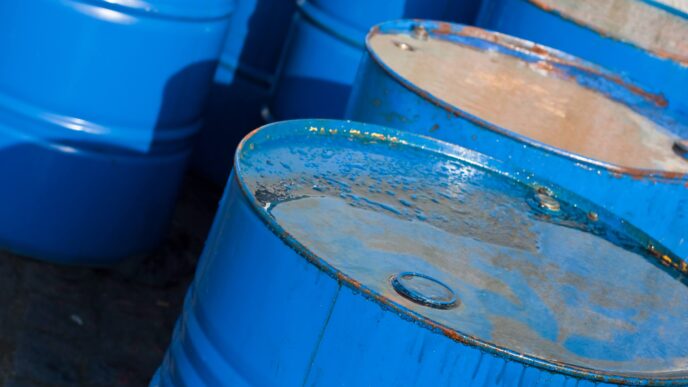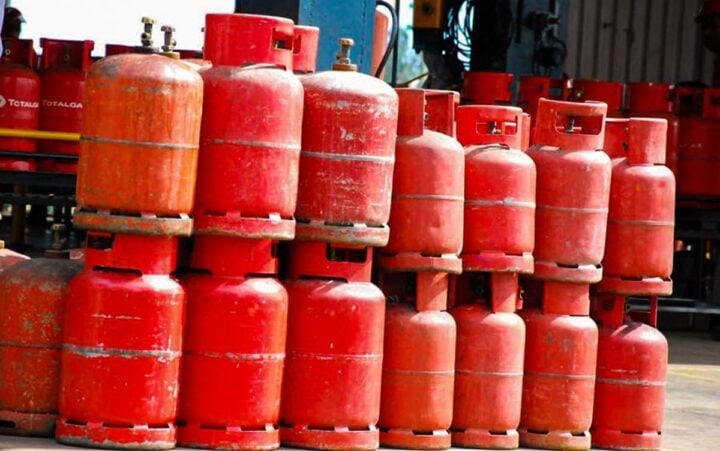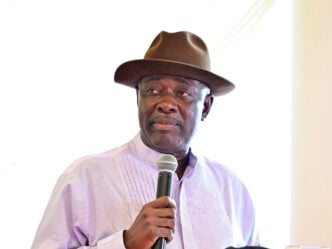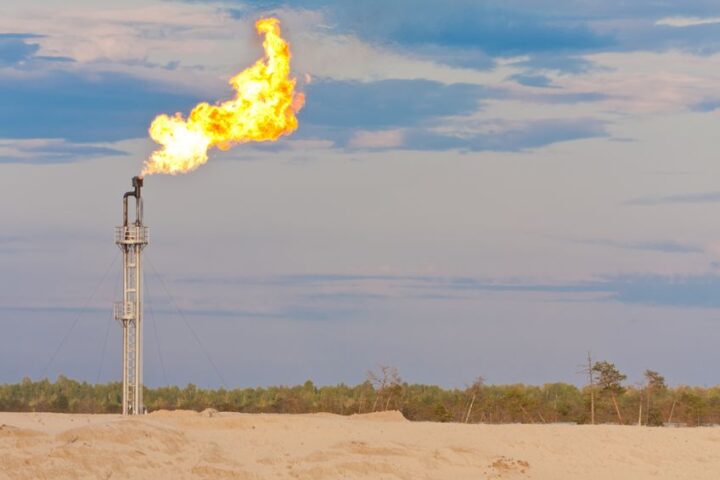Nigeria, according to Organization of the Petroleum Exporting Countries (OPEC) statistical bulletin 2024, has 37.5 billion of proven crude oil reserves and 209.29 trillion cubic feet (TCF) of proven natural gas reserves. Currently, the 16th largest oil producer in the world, top in Africa, and one of its largest exporters, underscoring the vast amount of energy resources the country is endowed with.
Besides, the country’s oil, due to its high quality and environmentally friendly configuration, attracts a substantial number of buyers in the international market. However, for over two decades, only a fraction of domestic premium motor spirit (PMS) demand could be supplied by local refineries.
The Federal Government, through its company, the Nigerian National Petroleum Corporation Limited (NNPCL), owns three existing refineries in the country, each a subsidiary company under the management of the NNPC. The four refineries include the Port Harcourt Refining Company (PHRC): Located in Port Harcourt, Rivers State, with a capacity of 210,000 barrels per day (bpd), Warri Refining and Petrochemical Company (WRPC): Located in Warri, Delta State, with a capacity of 125,000 bpd, and Kaduna Refining and Petrochemical Company (KRPC): Located in Kaduna, Kaduna State, with a capacity of 110,000 bpd.
Despite this, for years, petroleum products have been supplied to the Nigerian market through imports.
Advertisement
Nigeria’s reliance on petroleum imports has been driven by the chronic under-performance of its refineries. Despite having a combined installed capacity of around 440,000 barrels per day, the state-owned refineries have operated at less than 20% capacity utilisation for over two decades due to a mirage of problems.
Obsolescence, mismanagement, poor maintenance as well as frequent breakdowns and political interference made Nigeria’s refineries largely non-functional. As a result, despite being a major crude oil exporter, the country has been unable to refine sufficient quantities of petroleum products domestically, and as a result, has had to import refined petroleum products to meet its growing demand.
And by September 2022, Nigeria’s import bill reached an unprecedented N4 trillion, a 173% increase from N1.3 trillion in 2020, reflecting the inability of the existing refineries to meet local demand.
Advertisement
What was equally seen by refineries watchers in the country, was the general decline in the level of technical efficiency at which the state-owned refineries operate.
One analyst noted, ”Naturally, inadequate system maintenance and technological obsolescence would lead to a general decline in technical efficiency of a system. Hence, the poor and half-hearted turn around maintenance.”
This has been the case in Nigeria until recently when the Federal government went full throttle with deregulation, changing the narrative of the sector.
Deregulation: The Game changer
Advertisement
Until recently, the Federal Government controlled the downstream oil sector through the national oil company as well as the regulator that determine distribution and provision of refined petroleum products. It influenced and controlled domestic oil market developments pressuring independent marketers to make significant efforts to meet and satisfy local petrol demands.
Incidentally, this period coincided with when oil producing countries around the world were industrializing their downstream oil industry through liberalization and deregulation models, which boosted private sectors investments.
Until the introduction of the Petroleum Industry Bill (PIB), for over 20 years, numerous attempts to reform the industry and change its processes yielded intangible results. Starting as an omnibus bill, it was later divided into four separate bills before emerging in 2020 as a consolidated bill.
KPMG, in a recent note, highlighted previous attempts at passing the PIB in 2009, 2012 and 2018 failed because of factors such as lack of ownership, misalignment of interests between the National Assembly and the Executive, perceived erosion of ministerial powers, stiff opposition by the petroleum host communities and push back by investors on the perceived uncompetitive provisions in those versions of the bill.
Advertisement
Subsequently, a new document, the Petroleum Industry Act(2021), was produced to align the interest of various stakeholders. The bill which was passed into law by the 9th Assembly, in 2021, is widely seen as the remedy to the corruption that ravaged the industry.
The PIA triggered significant private sector interest, inspired competition and healthy rivalry, reduced financial waste and encouraged the removal of petrol subsidy which consumed an estimated N10 trillion in the last ten years.
Advertisement
It also spurred the emergence of new actors in the refinery business such as Dangote Refinery in Lagos, which came on stream barely a year ago with a capacity of 650,000 bpd. Additionally, the bill revitalised Modular refineries, which primarily produce diesel and other products.
The PIA opened the country to new opportunities for growth, job creation and economic development. Since its passage, there has been renewed vigour to make the NNPCL run refineries operational. As a result, ongoing efforts to revamp the refineries have led to some increase in domestic refining and production capacity. This in turn is expected to reduce reliance on imported petroleum products. These refineries are now producing various petroleum products, including fuels, lubricants, and petrochemicals, promoting diversification, and the market condition now allows for bold fresh investments in their facility.
Advertisement
Interestingly, there are rumours of the Nigeria’s government’s considerations to privatise its own refineries in a bid to attract private sector investments, expertise and efficiency.
But Challenges remain
Advertisement
Like many other countries, Nigeria’s refineries have struggled with poor performance and productivity over the years. Several factors have been cited to explain this under-performance, including government interference in product pricing which has led to under-recovery; delays in turnaround maintenance (TAM); and frequent pipeline vandalization.
Analysts note that the underperformance of these refineries is largely attributed to political interference in the pricing of Premium Motor Spirit (PMS) through subsidies; a practice many believe still exists, despite government denials. Additionally, the average capacity utilization of these refineries of just 15%, a figure considered critically low.
In response to these challenges, the Nigerian government subsequently invited private companies to invest in modular refineries to help satisfy local demand. However, this has not provided a permanent solution as modular refineries do not have the capacity /technology to refine the much-needed Premium Motor Spirit (PMS). At the same the automotive gas oil (diesel) refined is yet to meet the AFRI 4 specification.
Another major challenge is the crude oil allocation issues. Many domestic refineries are struggling to access a steady and affordable supply of crude oil due to export prioritization and inefficiencies in crude allocation. This is also compounded by dependence on foreign exchange for imported crude which addsanother layer of complexity.
These challenges persist despite the domestic crude oil supply obligations outlined in the PIA. The PIA stipulates that crude oil and condensates for the domestic market should be supplied on a willing-buyer, willing-seller basis, in line with free market principles and healthy competition.
Poor infrastructure, including pipelines, storage facilities and distribution networks further exacerbates the situation. The movement of crude oil to refineries and finished products to the market is disrupted as a result. Added to this is frequent pipeline vandalism which disrupts operations and increases transportation costs.
While modular refineries offer a solution, they have seen limited investment. Many investors face daunting challenges such as high costs, regulatory bottlenecks, and lack of financial incentives. These refineries have limited capacity and struggle to scale operations.
In line with free market principles, local refining when supplemented by importation will lead to a stronger petroleum industry in Nigeria. The government through its agency has a duty to its citizens. This duty is to provide Nigerians with good petroleum products at a competitive price without market capture from either the importers or local refinery owners and operators. A system of transparency, like the Central Bank of Nigeria’s (CBN) model at the Nigerian foreign exchange market, would ensure all the players in the market operate optimally.
Addressing these challenges requires strong political will, sustained reforms under the Petroleum Industry Act (PIA), incentivizing private investment, and improving infrastructure and governance in the sector.
Amidst these, many still see the need for multiple players in the sector in other to enhance efficiency, promote competition, and ensure the sector’s growth since their presence allows the sector to reach underserved areas more effectively, improve access to fuel and related products across Nigeria.
According to stakeholders in the industry, ”a diverse set of stakeholders creates a more balanced platform for policy discussions. Players can lobby for policies that enhance growth while considering the interests of consumers and businesses.”
Adding that, ”different players bring diverse approaches and technology, promoting innovation in fuel production, alternative energy solutions, and sustainable practices to align with global environmental standards.”
With ongoing reforms, Nigeria is laying the groundwork for a more competitive downstream sector. These reforms are tied torobust framework that encourages the participation of multiple players from the larger scale refineries to modular operators.
A diversified downstream sector allows for better management of the supply chain, as different players can handle various aspects such as refining, storage, distribution, and retail. Through a competitive environment by the participation of multiple players in the Nigerian downstream sector, Nigeria can unlock its full potential, leading to stable fuel supply, better pricing, improved customer service, and innovation.
Petrol pricing
Globally and in Nigeria, petrol pricing should be determined through a market-driven framework that balances the interests of consumers, refineries, and the government while fostering competition and efficiency.
In recent times, when NNPCL terminated its exclusive purchase agreement with Dangote Refinery, it resulted in fluctuations in the prices of fuel in Nigeria and triggered fresh questions around appropriate petrol pricing mechanism within the country.
The fluctuations and incessant hikes seen, led Economic analysts to predict that the ongoing price hikes could push more Nigerians into energy poverty, with projections indicating that the number of citizens affected could rise to 168 million by 2025.
High fuel prices are likely to trigger inflationary pressures, impacting transportation costs and the prices of goods and services across the economy. Meanwhile, the domestic price of petrol is still largely dependent on global oil prices and local market conditions.
While the Dangote Refinery has the potential to transform Nigeria’s fuel market by increasing local production and reducing reliance on imports, the actual impact on fuel prices remains to be seen. Despite continued discussions around pricing and market dynamics, the system of pricing the product in the country remains vague in context of the competing refineries in the country.
The interplay between local production and international pricing will be crucial in determining whether Nigerians will see relief from the current high fuel prices.
How petrol pricing can be effectively structured in the context of competing refineries
Fuel prices are expected to remain high in the near term, influenced by global oil market conditions, local economic factors, and the ongoing adjustments in the Nigerian petroleum sector. The interplay between supply, demand, and government policies will be crucial in determining whether Nigerians can expect any relief from the current high fuel prices.
Many have argued that the product pricing should be determined through a market-driven framework that balances the interests of consumers, refineries, and the government while fostering competition and efficiency.
One approach to determining appropriate fuel pricing is to allow market forces of supply and demand to dictate prices. Competition among multiple refineries, including modular and larger ones, can foster a fair pricing mechanism that accurately reflects the true costs of production and distribution.
To further enhance this competitive environment, it’s crucial to encourage cost efficiency among refineries. This involves minimizing operational costs through technological advancements and optimizing processes. Collaboration between modular and larger refineries can also foster knowledge sharing and improve overall efficiency.
Finally, robust regulatory oversight by the Nigerian Midstream and Downstream Petroleum Regulatory Authority (NMDPRA) is paramount. The NMDPRA must actively monitor market activities, prevent price gouging, and ensure fair practices among all players in the fuel value chain.
Add a comment
